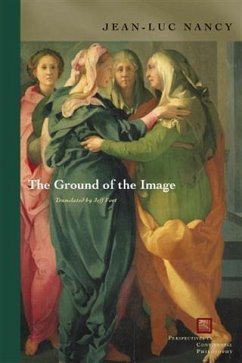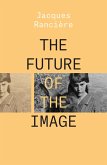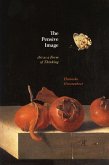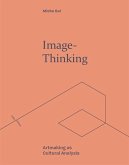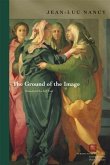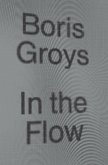The renowned philosopher provides "noteworthy contributions to themes connected with images, imagination, representation, aesthetics, and... religion." -Journal of American Academy of Religion What is this power that lies in the depths and recesses of an image-which is always only an impenetrable surface? What secrets are concealed in the ground or in the figures of an image-which never does anything but show just exactly what it is and nothing else? How does the immanence of images open onto their unimaginable others, their imageless origin? In this collection of writings on images and visual art, Jean-Luc Nancy explores such questions through an extraordinary range of references. From Renaissance painting and landscape to photography and video, from the image of Roman death masks to the language of silent film, from Cleopatra to Kant and Heidegger, Nancy pursues a reflection on visuality that goes far beyond the many disciplines with which it intersects. He offers insights into the religious, cultural, political, art historical, and philosophical aspects of the visual relation, treating such vexed problems as the connection between image and violence, the sacred status of images, and, in a profound and important essay, the forbidden representation of the Shoah. In the background of all these investigations lies a preoccupation with finitude, the unsettling forces envisaged by the images that confront us, the limits that bind us to them, the death that stares back at us from their frozen traits and distant intimacies. In these vibrant and complex essays, a central figure in European philosophy continues to work through some of the most important questions of our time.
Dieser Download kann aus rechtlichen Gründen nur mit Rechnungsadresse in A, B, BG, CY, CZ, D, DK, EW, E, FIN, F, GR, HR, H, IRL, I, LT, L, LR, M, NL, PL, P, R, S, SLO, SK ausgeliefert werden.
Hinweis: Dieser Artikel kann nur an eine deutsche Lieferadresse ausgeliefert werden.

